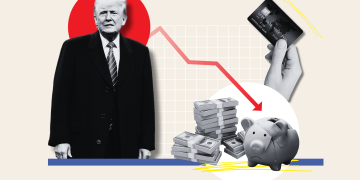E-commerce refers to the buying or selling of goods and services through electronic mediums, mostly through the Internet. This market is majorly driven by rising penetration of the Internet and smartphones, growing dependency on social media to promote e-commerce platforms, growing omni-channel business models, and the advent of new payment modes. In addition, e-commerce automation offers immense growth opportunities for players operating in the e-commerce market. However, online frauds and cybersecurity issues are some factors restraining the market growth. Moreover, local laws and regulations for international e-commerce and trust deficit due to touch and feel experience are the major challenging factors for the overall market growth.
The outbreak of COVID-19 has immensely impacted e-commerce firms on different levels. E-commerce businesses faced several key challenges, such as disrupted supply chains, limited operations due to the lockdown, managing inventory, and overall lack of employees. Governments worldwide have enforced social distancing measures, instituted lockdowns or temporarily closed non-essential businesses, and other measures in response to the COVID-19 pandemic that has led consumers to ramp up online shopping. This has resulted in spikes in e-commerce sales. The pandemic has augmented the adoption of e-commerce.
The COVID-19 pandemic has changed consumer lifestyles and buying patterns, enabling them to switch from purchasing goods and services from…



























































